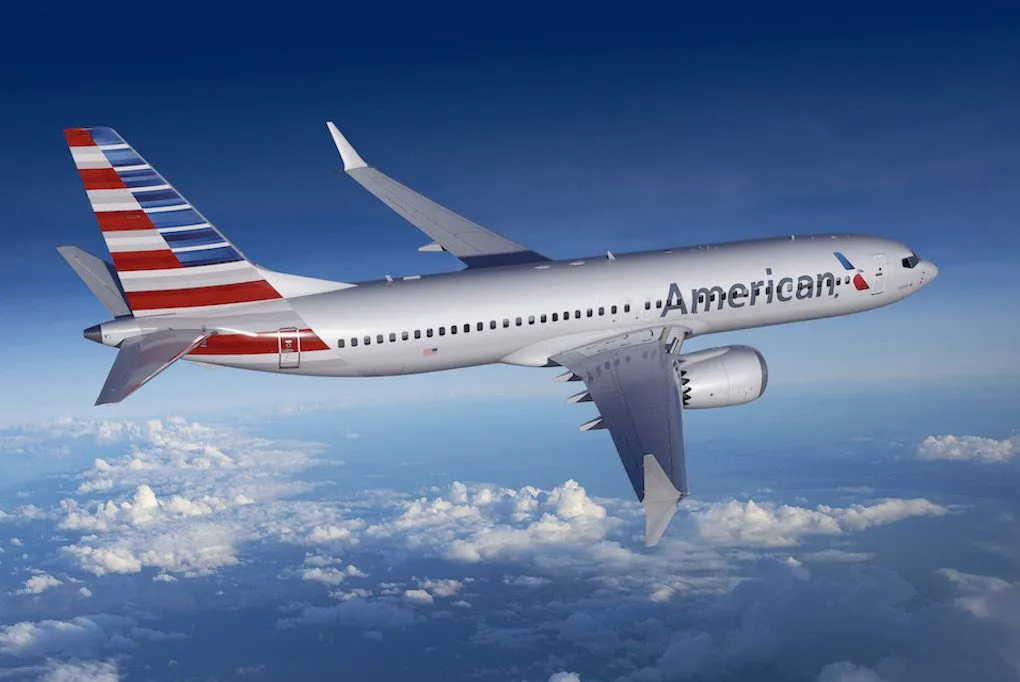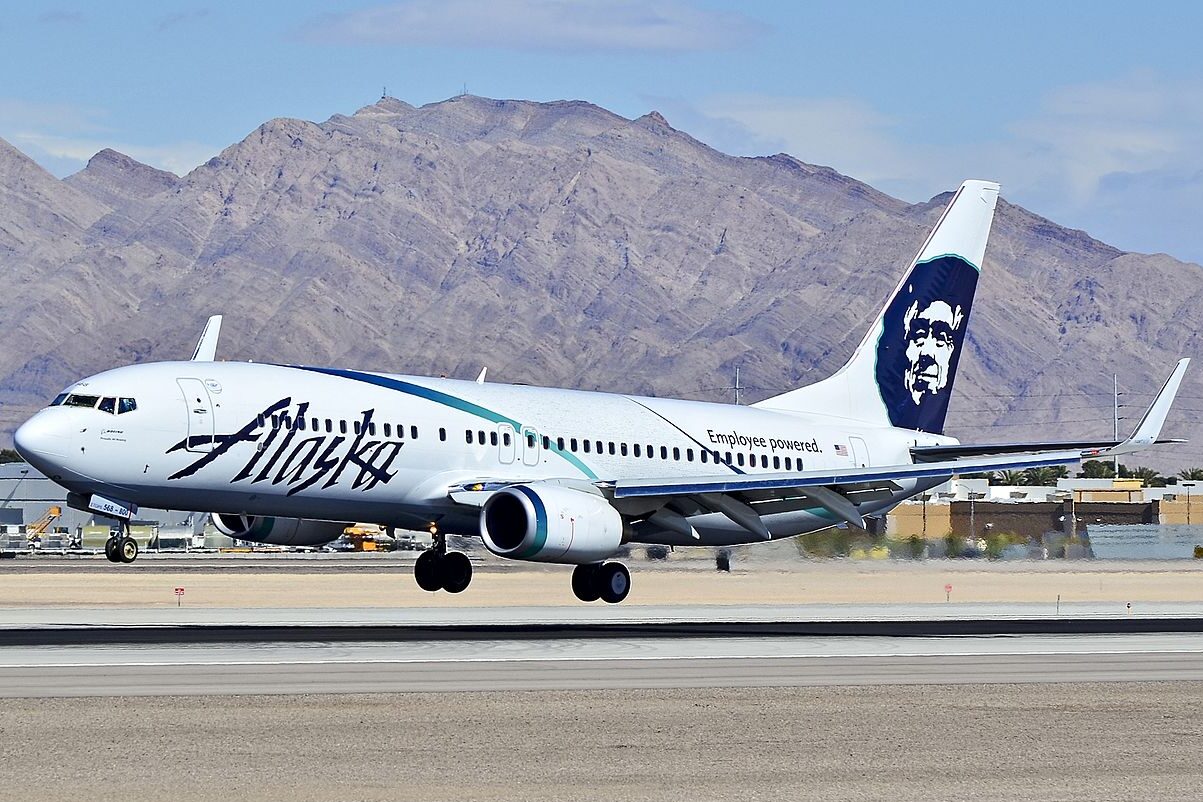Skift Global Forum Preview: American Airlines Is No Longer in Survival Mode

Skift Take
As chief financial officer of what was until recently the world's largest airline, Derek Kerr has what most would consider a good problem at American: He has had plenty of money to spend.
But that's more challenging that it appears. In his previous job, as chief financial officer of US Airways, he could say no to most pitches by telling employees, "We can't afford it." Now he must prioritize some projects over others.
"It has become a little bit more difficult because we have the resources, and everybody wants to do things," Kerr said in an interview.
Some outsiders wonder if this management team has gotten it right. On some products, including international business class, lounges, and airport infrastructure, American has spent big and improved the passenger experience.
On others, such as domestic first and economy class comfort, and the overall digital experience, the new American still disappoints some customers. Some ask whether American's new standard for cabin comfort, called Project Oasis by the carrier, is more appropriate for a low-cost-carrier than a major global airline.
We'll ask Kerr about how he weighs expensive projects against each other at the Skift Global Forum in New York City. Here's a preview of the discussion.
Skift Editor's Note: This interview has been edited and condensed for clarity and length.
Skift: Did the job change a lot when US Airways merged with American?
Kerr: No, not really. But I think the job changed a little bit. The industry had been in survival mode for such a long period of time. It was all about cost containment, all about survival, all about making sure you made it to the next day.
We were getting past that at US Airways. We were an international carrier and flew everywhere across the country, so that didn't change it a lot. The difference is when we merged the two companies, we had significant resources to do a lot of different things. My job became a little more difficult. In the previous world, I could always say, "No, we don't have the resources. We can't get it done. We can't do what you guys want to do." And now in today's environment, it's more about, how do we prioritize all the things that need to be done, to make sure that we're doing the right things and prioritizing in the right places.
It's been good for my finance team to learn a lot more and to really dig down into everything, and prioritize what we do as a company and focus on where we really need to do the right things.
Join Us at Skift Global Forum!
Skift: It must help that business is strong. Delta Air Lines CEO Ed Bastian is also speaking at the Skift Global Forum. He told us recently that demand for travel is about as strong as ever and continues to grow. Does American see the same trends?
Kerr: I don't know if I'd say it's as good as it's ever been, but it's very strong. Demand is strong, bookings are strong all throughout the rest of the year. We don't see any type of a recession coming in our industry at this point in time. But you never know. We have bookings three months out that are really strong. As you know, our customers book a little bit later than other times at certain points of the year. But we continue to see loads up and demand very strong.
Skift: You've been hurt by something that has not been a problem for Delta. American is the second-largest Boeing 737 Max operator in the United States. The plane has been out of service for months. Do you know when you'll fly it again? And do you expect Boeing will compensate you for your Max-related revenue losses?
Kerr: No, we really don't. We're staying in close contact with Boeing and the FAA. We don't have any further information than anything that's out there today. We're looking at the schedule, and at some point in time we've got to figure out whether we'll still get it up on November 2. We have contingency plans as we go forward. But we don't have any more information than we had on the [second quarter] earnings call.
We have announced that we think it has cost us about $400 million, and we will negotiate with Boeing. They're great partners, and we'll go negotiate when the time is right. But there's no reason to negotiate until we know when the plane is getting back up.
Skift: The theme of this year's forum is travel's responsibility to the world. We've seen some carriers, mainly in Europe, say they're worried about a growing backlash against flying because of environmental concerns. The United States is a different market, but does this environmental backlash against airlines concern you?
Kerr: We're always focused on that. I don't know if we've seen any backlash domestically. The U.S. is a little bit different. But we are always looking at stuff. Our fuel group is looking at renewable energy, and we're committed to sustaining the planet for the future.
The new aircraft that we have are much more fuel efficient than the MD-80s that we are retiring Sept. 4, so that has been a huge movement. I think we have been the leader, replacing over 500 aircraft in the last few years. It's on the top of our mind, and the team is really looking at those types of things as we move forward and opportunities that we can take.





